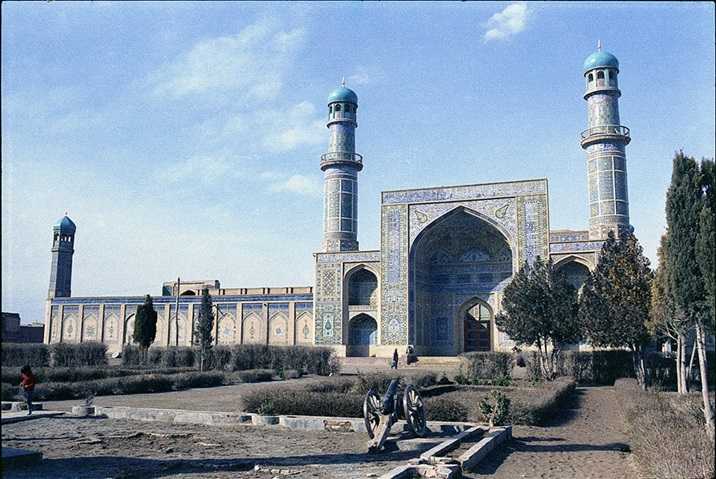News surfaced last week about plans for a new logistics center in Herat province, Afghanistan, involving Kazakhstan, and Turkmenistan. The project, part of the broader International North-South Transport Corridor (INSTC), aims to streamline transport routes and potentially reduce shipping times between India and Russia.
One of the key questions surrounding this initiative is the financing, which remains uncertain. While the potential benefits are clear, especially in light of recent global events disrupting traditional trade routes, the practicalities of funding such a project are complex. Russia and Iran, the major backers of INSTC, face economic sanctions, making financing a challenge.
For Russia, this project represents more than just a logistical investment. It signifies a strategic shift in its economic focus away from Europe towards the global south. With Europe being a significant trade partner historically, this move underscores Russia’s adaptation to a changing geopolitical landscape.
The timing of this announcement also coincides with shifting attitudes from Western powers towards Afghanistan. While the United States and the United Kingdom have signaled a willingness to engage with Afghanistan, Russia’s proactive stance could give it an early advantage in shaping the region’s economic future.
However, challenges lie ahead, particularly concerning Iran’s financial constraints and the overall infrastructure development required for INSTC’s success. Russia may need to seek alternative financing options or incentivize other INSTC members to contribute more significantly.
(Source: The Diplomat | Reuters)









